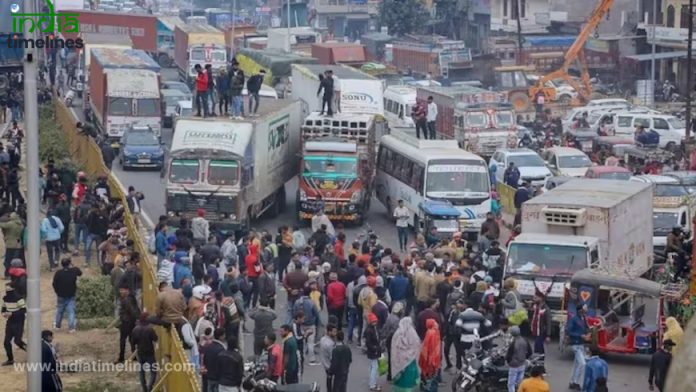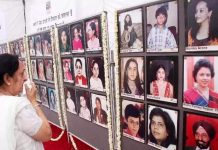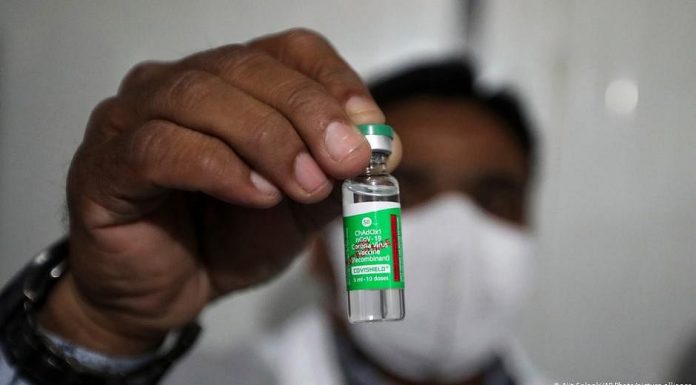
All India Motor Transport Congress chairman Kultaran Singh Atwal said that although the transporters body had called off the strike after the meeting with Home Ministry officials, transport bodies in other States would continue with the strike.
Chairman Kultaran Singh Atwal of the All India Motor Transport Congress revealed that, despite the organization calling off the strike following discussions with Home Ministry officials, transport bodies in other states would persist with the protest. The nationwide strike, initiated by transporters in response to the proposed Bharatiya Nyaya Sanhita (BNS) and its heightened penalties for hit-and-run cases, prompted a meeting with the Union Ministry of Home Affairs (MHA) on January 2.
Transporters, including bus and taxi unions, declared a strike from January 1 to January 30, opposing Section 106 of the BNS, which advocates a maximum punishment of 10 years for rash and negligent driving. Union Home Secretary Ajay Bhalla, after the meeting, clarified that the new laws had not been implemented yet and emphasized that decisions regarding Section 106(2) would involve consultation with the All India Motor Transport Congress. He urged the transporters to resume work.
Chairman Kultaran Singh Atwal asserted that the drivers had initiated the strike, feeling obligated as transporters to support the cause. Criticizing the government for making empty promises and buying time, Mr. Atwal highlighted the lack of concrete assurances and the impending consequences, such as fuel shortages and a scarcity of drivers.
While the All India Motor Transport Congress officially called off the strike after the meeting, Atwal pointed out that transport bodies in other states would persist with the movement. Stressing that it was primarily a drivers’ movement, Atwal clarified that the headquarters’ location in Delhi prompted the Union government to call them for a meeting.
A government source clarified that in cases where a driver promptly informed the police after accidentally hitting someone, the punishment would be reduced to five years. The increased 10-year sentences resulted from Supreme Court observations. Atwal cited the unorganized nature of drivers and their vulnerability to attacks and lynchings as reasons for the strike.
The strike’s impact was reportedly widespread, particularly in northern states such as Uttar Pradesh, Punjab, Himachal Pradesh, Jammu and Kashmir, Haryana, and Madhya Pradesh, as well as in West Bengal, Odisha, and southern states. The discussion also delved into the nuances of Section 106(1) and Section 106(2) of the BNS, emphasizing the severity of penalties for hit-and-run cases.
In conclusion, the revised BNS introduces stricter penalties, notably in Section 106(2), for hit-and-run cases where the offender fails to report the incident promptly. The ongoing strike reflects the discontent among drivers, while the government emphasizes the need for consultations and highlights the Supreme Court’s role in influencing the legal amendments.


































